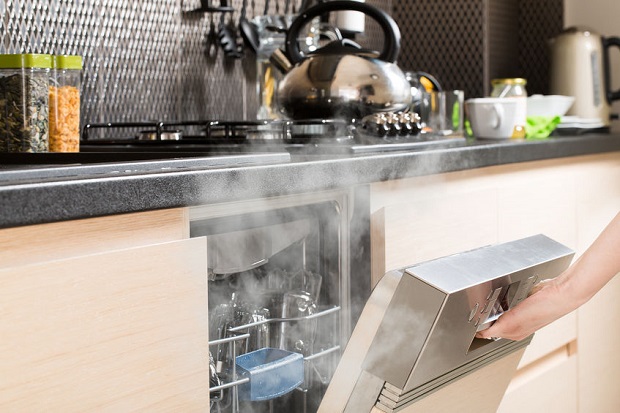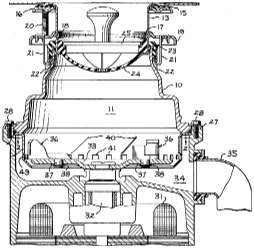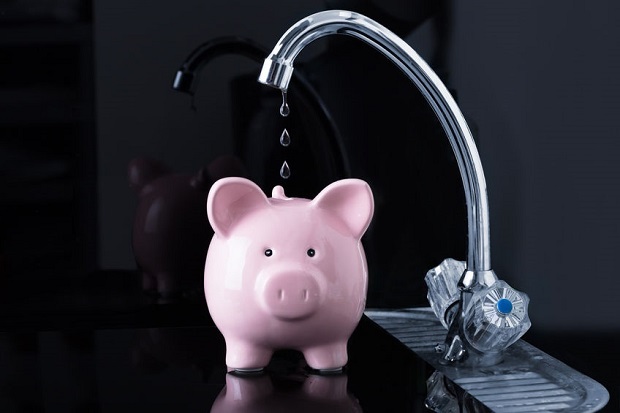
How Long Does a Dishwasher Last?
The average lifespan of a dishwasher is 9-11 years. According to the National Association of Home Builders and the California Energy Commission, you can expect your dishwasher to last 9-11 years. Hard water and certain usage habits may affect its lifespan, but there are things that you can do to make sure you get as many years out of your appliance as possible.
How to Make Your Dishwasher Last Longer
Remove all food particles. Even though some modern dishwashers handle food particles well, they are not designed to act as garbage disposers. You should always scrape your dishes before loading them. Food particles can clog sprayer arms and if they pass through the filtration system can damage internal parts of the machine.
Use the right detergent. Using a detergent not specified for dishwasher use can damage a dishwasher and shorten its lifespan. Using too much detergent can have the same effect. One tablespoon of detergent is generally sufficient depending on water hardness and soil level. Don’t use more than three.
Set the water temperature to ‘just right’. Just right for most of today’s modern dishwashers is 120°F. The perfect temperature for optimal cleaning and performance is 140°F, but most modern dishwashers come equipped with a booster heater that will allow you to lower the temperature in your water heater for the remainder of the house, while the booster will raise the temperature of the water inside of the dishwasher.
Water temperatures that are too cold will not be able to adequately clean greasy dishes and may not activate certain detergents. Many of today’s newer models will heat the water, but if it is initially set too low the dishwasher will run longer as it heats up the water.
Water temperatures that are too hot can bake on proteins causing a film on dishes and over time could possibly damage the machine. In addition you will save 13% on your hot water heating bill for every 10 degrees you lower your water heater temperature. [California Energy Commission]
Hard water is the result of minerals such as magnesium and calcium, which can leave dishes cloudy or spotted and will leave hard to remove scaly deposits on the inside of the dishwasher and its parts. The use of a rinse aid can help to minimize hard water deposits. You can also alter your hard water with water softening systems. If you do not have a home water softener, there are filtration systems designed specifically for the dishwasher that will reduce or remove minerals from your water before they enter the dishwasher.
Beyond the telltale film on your dishes, you can test the hardness of your water with a home test kit available at most home and garden centers.
Clean the filter regularly. Dishwashers are equipped with filters that capture food particles. These need to be cleaned regularly to improve its cleaning performance. Replace any filters that are damaged to ensure that food does not pass into internal parts of the dishwasher.
Clean sprayer arms. The holes in the sprayer arms that splash water over the dishes can become clogged with food particles and minerals. Keep them free of debris to improve washing performance.
Winterize/summarize. If your dishwasher is housed in a seasonal dwelling, take the proper steps to winterize or summarize the unit.
Resources
National Association of Home Builders – “Study of Life Expectancy of Home Components”, 2007, Retrieved December 12, 2010 from http://www.nahb.org/fileUpload_details.aspx?contentID=99359
“Dishwasher: Energy Choices in the Home.” California Energy Commission. N.p., n.d. Web. 4 Dec. 2011. http://www.consumerenergycenter.org/residential/appliances/dishwashers.html
“Environmental Fact Sheet: Hardness in Drinking Water.” New Hampshire Department of Environmental Services. N.p., n.d. Web. 17 Mar. 2014. <http://des.nh.gov/organization/commissioner/pip/factsheets/dwgb/documents/dwgb-3-6.pdf>.




